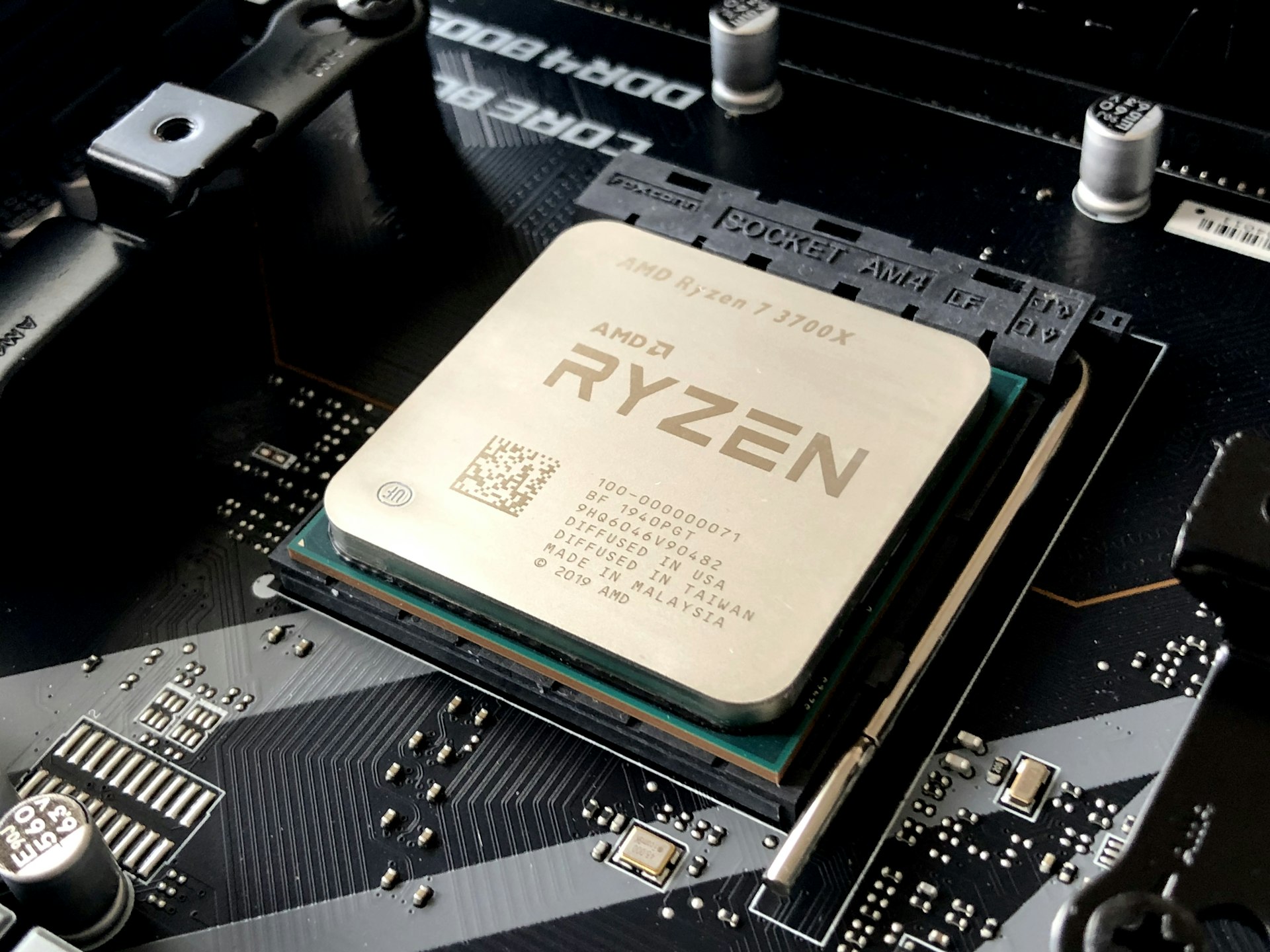How Global Gaming Regulations Are Transforming the Industry: Compliance, Opportunity, and Adaptation

Photo by Bennett Frazier on Unsplash
Introduction: The New Era of Global Gaming Regulation
The international gaming industry is undergoing a seismic shift. In 2025, governments worldwide are moving rapidly to enforce stricter rules, overhaul compliance frameworks, and demand greater accountability from both operators and suppliers. This regulatory momentum is transforming opportunities, business models, and market access for all stakeholders in the gaming ecosystem. Whether you are an operator, technology provider, or investor, understanding the impact of these global gaming regulations-and how to adapt-is now essential for sustainable success [1] [2] .
Stricter Compliance: What Operators Must Know
Recent legal reforms emphasize real-time compliance, detailed reporting, and responsible gambling obligations. In leading regions such as the UK, Malta, and Brazil, regulators have elevated standards for licensing, anti-money laundering (AML), and player protection. For operators, these new requirements mean:
- Mandatory local licensing with frequent audits and digital checkpoints
- Enhanced responsible gambling measures, including real-time ID verification and intervention protocols
- Strict AML and data reporting standards to combat illicit activity and safeguard player information
For example, Brazil introduced a regulated gambling market in 2025 and now requires operator licensing and supplier certification, with enforcement actions targeting over 9,000 unlicensed domains [3] . The UK Gambling Commission and Malta Gaming Authority have also increased monitoring, with even minor compliance lapses risking license loss or market exclusion [1] .
Practical Steps to Achieve Compliance
To succeed in this environment, operators and suppliers should:
- Monitor regulatory updates in every jurisdiction where they operate or plan to launch
- Integrate automated compliance solutions for ID verification, transaction tracking, and real-time reporting
- Engage legal and compliance experts to interpret evolving standards and execute timely responses
- Document responsible gambling measures -such as self-exclusion tools and support resources for at-risk players
For guidance, you can consult the official regulatory body in your target market-such as the UK Gambling Commission or Malta Gaming Authority-by searching for their official websites. Consider specialized legal and compliance consultancies for tailored solutions.
Taxation and Financial Controls: Navigating a Complex Landscape
Taxation is increasingly unpredictable. In 2025, operators might face a gross gaming revenue (GGR) tax in one country, a turnover tax in another, and sometimes even dual taxation affecting both operators and players. For instance, Armenia recently doubled annual licensing fees for online casinos, raising them to nearly $890,000 [3] . These changes exert pressure on margins and force careful financial planning [4] .
Operators should:

Photo by rc.xyz NFT gallery on Unsplash
- Build flexible financial models and prepare for sudden tax rate changes
- Consult local tax advisors and monitor cross-border data sharing agreements
- Consider multiple jurisdiction strategies, but beware that regulators are increasingly coordinating enforcement
If you are unsure about the tax requirements in a specific country, consult a licensed tax specialist or reach out to the official tax authority in that jurisdiction for up-to-date guidance.
Marketing and Advertising: New Boundaries and Best Practices
Advertising laws for gaming have tightened dramatically. Many jurisdictions now restrict celebrity endorsements, limit ad hours, and scrutinize influencer partnerships. For example:
- The UK bans celebrities in gambling ads to curb appeal to minors
- Spain restricts gambling ad hours
- Australia closely monitors social media influencer partnerships
Operators are shifting from aggressive promotions to education-based content, transparent odds, and community engagement [4] . To navigate these changes, consider the following steps:
- Review all marketing materials for compliance with local laws
- Implement clear disclosure and age-gating mechanisms
- Focus on building trust through responsible messaging and transparent terms
To verify specific ad requirements in your region, check with the local gaming regulator or advertising standards authority. For example, you can search for “UK Advertising Standards Authority gambling rules” or the equivalent in your country.
Supplier Certification and B2B Regulation
Regulators are expanding oversight beyond operators to include platform and technology suppliers. In Brazil, a new certification system for B2B suppliers is being developed to address issues with uncertified equipment and technical standards. This ensures that all participants in the gaming supply chain are accountable [3] .
Steps for suppliers:
- Stay informed about certification or licensing requirements in each market
- Maintain robust audit trails for all technology and equipment
- Cooperate with compliance teams to ensure all products meet local standards
If you supply gaming technology, contact the relevant regulatory agency (e.g., Secretariat of Prizes and Bets in Brazil) or search for “B2B gaming certification [country]” for official requirements.
Enforcement, Penalties, and Risk Mitigation
Regulators are stepping up enforcement with real consequences. In Brazil, over 9,000 unlicensed domains were removed in the first months of 2025. International cooperation with tech companies like Google and Meta now helps block illegal ads and sites [3] . Penalties for violations can include:
- License suspension or revocation
- Hefty fines and back taxes
- Market bans for repeat offenders
To avoid enforcement actions:
- Build a compliance calendar and update it regularly
- Invest in monitoring technology for real-time regulatory alerts
- Conduct periodic internal audits to detect and address gaps
For additional guidance, legal advisors with gaming sector expertise can help you develop robust risk management frameworks tailored to your business model.
Opportunities Amid Regulation: Sustainable Growth and Innovation
While the regulatory environment is more demanding, it is also creating a more structured and sustainable market. Operators who invest in compliance, transparency, and responsible gaming practices position themselves for long-term growth [2] . Examples include:
- Expanding into newly regulated markets with robust legal frameworks
- Creating partnerships with certified suppliers and responsible affiliates
- Leveraging compliance as a brand differentiator to attract and retain customers
If you are seeking to enter new markets, begin by researching local laws and contacting the official gaming regulator to understand application processes and timelines.
Key Takeaways and Next Steps
The impact of global gaming regulations in 2025 is profound and far-reaching. Operators and suppliers must be proactive, adaptable, and well-informed to thrive. Here’s how you can move forward:
- Stay updated on regulatory changes in every market of interest
- Engage expert legal and compliance professionals
- Adopt advanced compliance and reporting technologies
- Prioritize responsible gaming and transparent marketing
If you need more information or legal support, search for reputable law firms or compliance consultants specializing in gaming regulations in your region. Always verify credentials and seek references before engaging services.
References
- [1] NuxGame (2025). iGaming Regulations 2025: Stay Ready.
- [2] EvenBet Gaming (2025). iGaming Regulation in 2025: The Latest Legal Shifts Around the World.
- [3] iGaming Express (2025). What Changed in Gambling Regulation Globally in the First Months of 2025?
- [4] StarLeaf (2025). Understanding IGaming Laws in 2025.
MORE FROM savvysc.com













